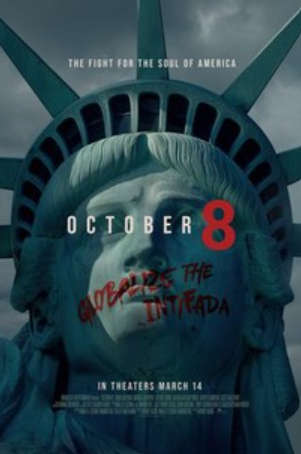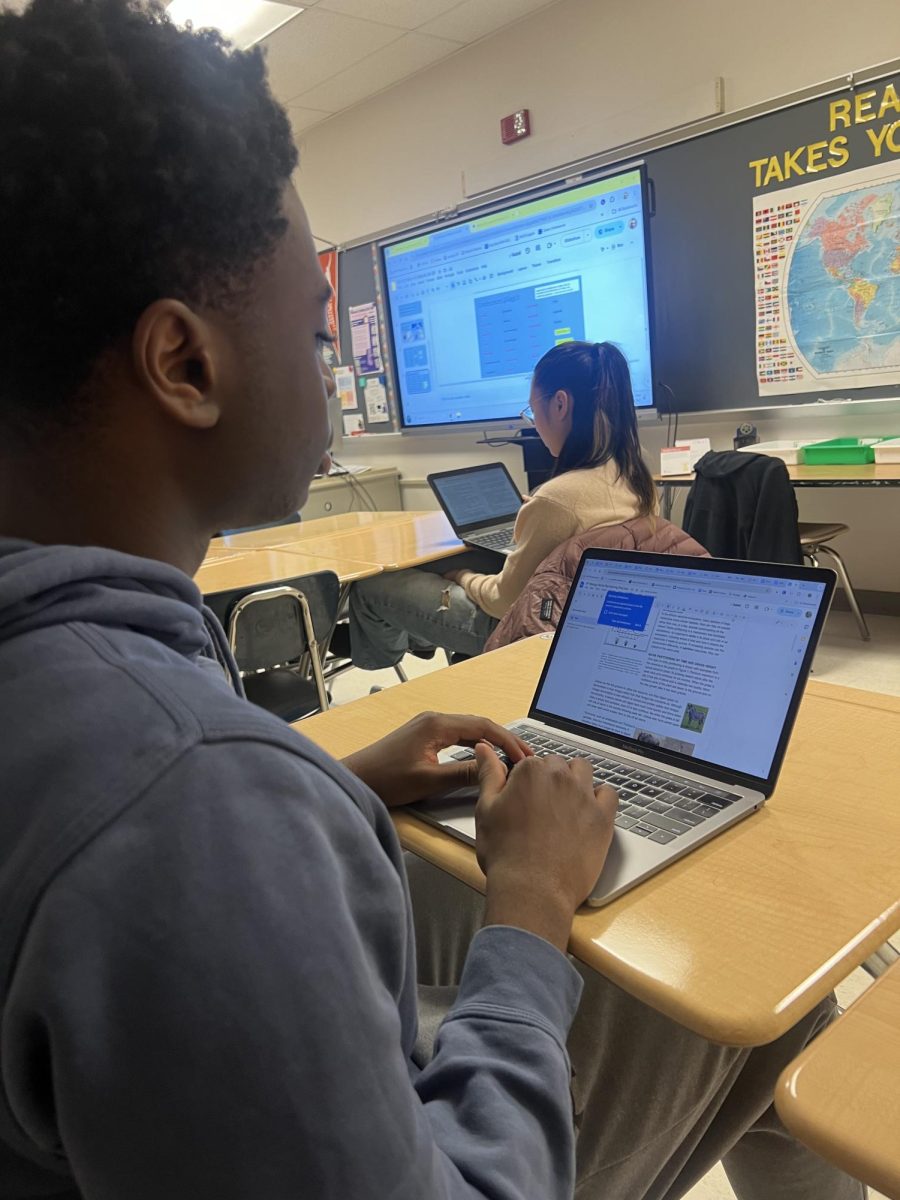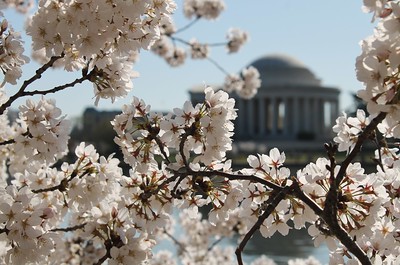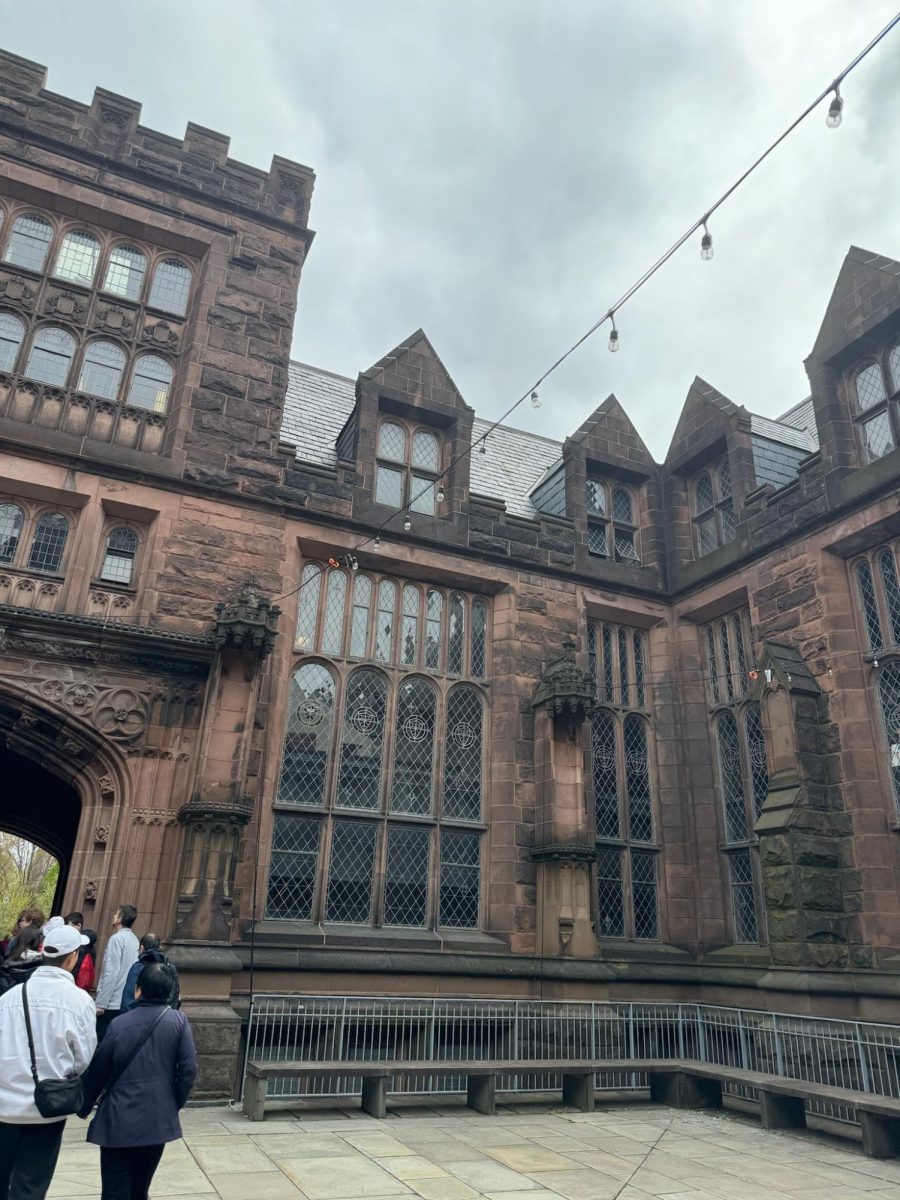For the past several months, Maryland residents have been bombarded with fliers, radio announcements, and television commercials begging the public to vote in favor of or against four referendums that will be on the Maryland ballot for the Nov. 6 elections.
Any referendums passed will go into effect Jan. 1, 2013.
Question Four
If approved, Question Four will guarantee illegal immigrants residing in Maryland in-state tuition to a public Maryland college if these students have lived in the state for at least three years and are able to prove that they or their family have paid federal income tax. These students must receive 60 credit hours at a community college before they are eligible for in-state tuition at a four-year university.
“If a child is here and graduated from one of our high schools, you either want them to contribute to society or not, and the best way for them to contribute is to educate them,” said Brian Feldman, member of the Maryland House of Delegates and CHS parent. “If they’re here and we have educated them through high school, it makes a lot of sense that they should have an opportunity to receive a higher education so they will be more likely to be an addition to our society rather than a drain.”
However, opponents of Question Four argue that students residing in Maryland illegally should not be afforded the same opportunity of in-state tuition as those who are not.
Question Five
Every 10 years, each state must redraw its congressional boundaries to ensure that each district is proportionate based on the most recent U.S. census. In October 2011, Maryland was split into eight new congressional districts with each containing a population of around 720,000 people. However, some believe the new Maryland boundaries are unfairly drawn because they heavily favor the Democratic Party.
The map drawn in October 2011 will be used for the upcoming November election. However, if the current map is not ratified in the election, then the Maryland legislature will have to redraw the congressional district boundaries again.
Question Six
Throughout the country, the question of same-sex marriage has turned many states into battlegrounds. While courts have upheld the legality of same-sex marriage, it has been consistently rejected when brought to public vote. If Question Six is approved, Maryland will become the eighth state in the U.S. to legalize same-sex marriage.
Question Seven
While Questions Four through Six are on the ballot because of petitions lead by opponents of the bills, Question Seven is on the ballot as an expansion of a preexisting law. In 2008, a bill passed legalizing gambling in Maryland. Current Maryland state law authorizes only five casinos that are limited to the use of slot machines. When passed, the law stated that changes to the preexisting law must be put on the ballot.
If Question Seven is approved, a sixth casino will be built at National Harbor in Prince Georges County. Additionally, the referendum will allow Maryland casinos to provide table games.
According to Feldman, Question Seven has stirred up a lot of controversy. Proponents of the referendum favor it because of the additional jobs and state revenue a sixth casino will bring. Opponents are hesitant to expand the current bill before all five of the original casinos are running for a few years. Additionally, many are opposed to Maryland gaining revenue through gambling losses and addictions.
“It is important to take advantage of the opportunity we have to weigh in on these very important issues,” Feldman said. “People should take advantage of something that doesn’t exist in many parts of the world—the opportunity to vote.”







